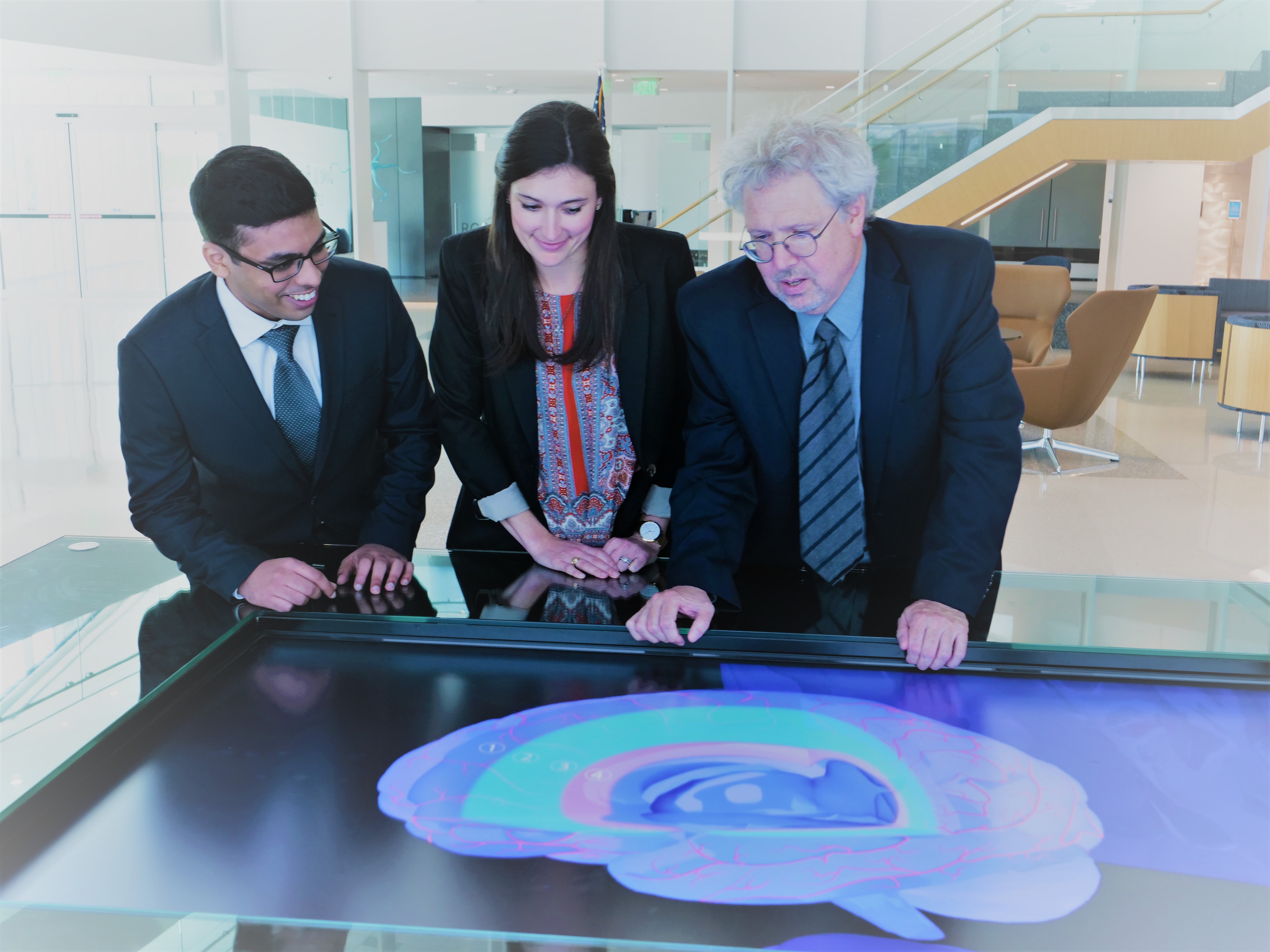Research Underscores Value of Cognitive Training for Adults With Mild Cognitive Impairment

Center for BrainHealth
Share this article
Sandra Bond Chapman, PhD
Chief Director Dee Wyly Distinguished Professor, School of Behavioral and Brain Sciences Co-Leader, The BrainHealth Project
RELATED INFORMATION

Center for BrainHealth Researchers Develop Groundbreaking Biomarker to Predict Cognitive Change in Multiple Sclerosis
The “arterial compliance index” (ACI) is a novel biomarker which could help monitor the disease, aid in treatment, and distinguish between people who are prone to develop cognitive impairment and those who are not.
